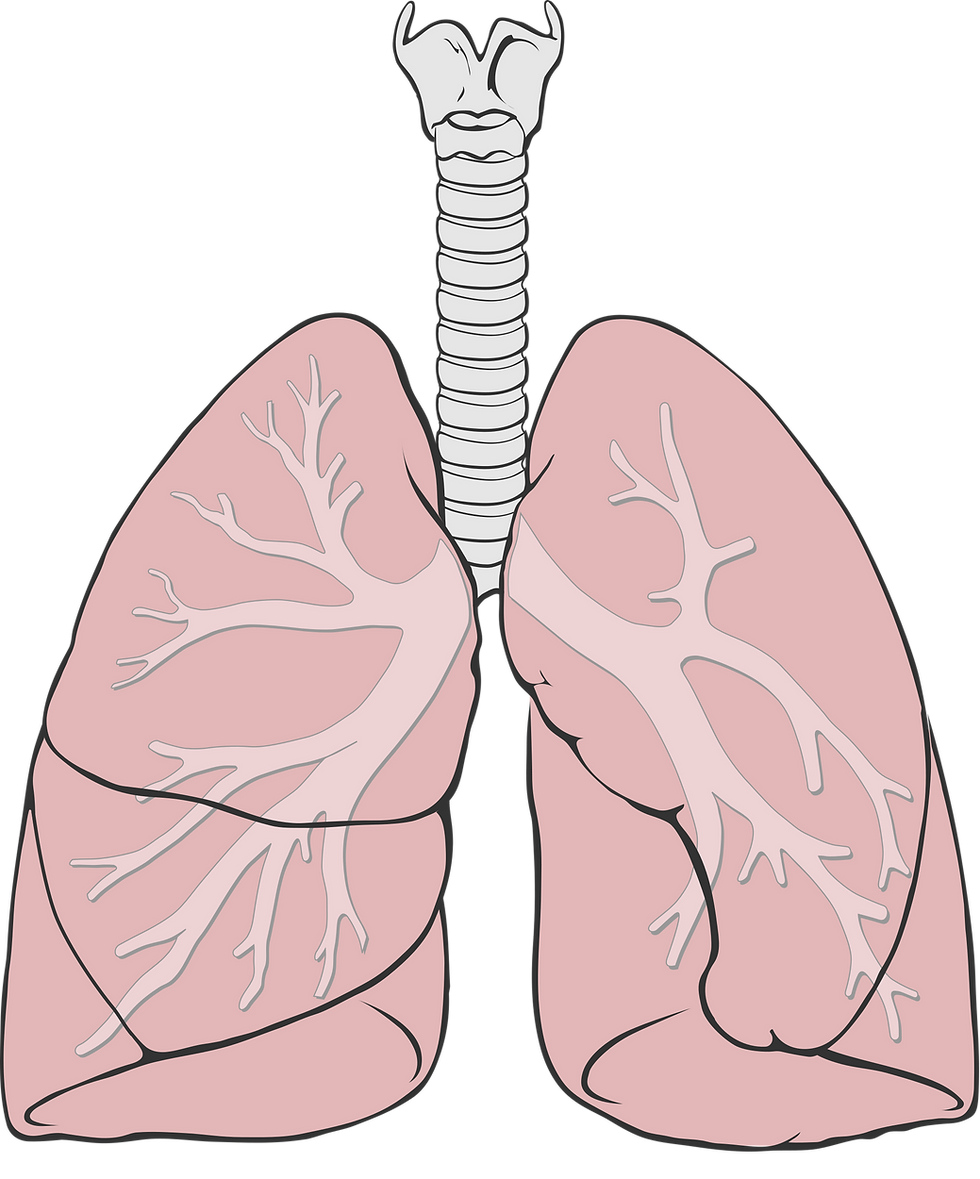What are Functional Gastrointestinal Disorders?
- Neha Gupta
- May 16, 2019
- 2 min read
Functional disorders are those in which the gastrointestinal (GI) tract looks normal but doesn’t work properly. They are the most common problems affecting the GI tract (including the colon and rectum). Constipation and irritable bowel syndrome (IBS) are two common examples.
Many factors may upset the GI tract and its motility which includes:
1. Eating a diet low in fiber 2. Not enough exercise 3. Traveling or other changes in routine 4. Eating large amounts of dairy products 5. Stress 6. Resisting the urge to have a bowel movement 7. Resisting the urge to have bowel movements due to pain from hemorrhoids 8. Overusing laxatives (stool softeners) that, over time, weaken the bowel muscles 9. Taking antacid medicines containing calcium or aluminum 10.Taking certain medicines (especially antidepressants, iron pills, and strong pain medicines such as narcotics) 11. Pregnancy
Constipation:
Constipation means it is hard to have a bowel movement (or pass stools), they are infrequent (less than three times a week), or incomplete. Constipation is usually caused by inadequate “roughage” or fiber in the diet, or a disruption of the regular routine or diet. Constipation causes a person to strain during a bowel movement. It may cause small, hard stools and sometimes anal problems such as fissures and hemorrhoids. Constipation is rarely the sign of a more serious medical condition.
Treatment of Constipation:
1. Increasing the amount of fiber you eat 2. Exercising regularly 3. Moving your bowels when you have the urge (resisting the urge causes constipation)
If these treatment methods don’t work, laxatives are a temporary solution. Overuse of laxatives can actually make symptoms of constipation worse. Always follow the instructions on the laxative medicine, as well as the advice of your doctor.
Irritable bowel syndrome (IBS):
Irritable bowel syndrome (also called spastic colon, irritable colon, or nervous stomach) is a condition in which the colon muscle contracts more often than in people without IBS. Certain foods, medicines, and emotional stress are some factors that can trigger IBS.
Symptoms of IBS:
1. Abdominal pain and cramps 2. Excess gas 3. Bloating 4. Change in bowel habits such as harder, looser, or more urgent stools than normal 5. Alternating constipation and diarrhea
Treatment of IBS:
1. Avoiding caffeine 2. Increasing fiber in the diet 3. Monitoring which foods trigger IBS (and avoiding these foods) 4. Minimizing stress or learning different ways to cope with stress 5. Sometimes taking medicines as prescribed by your healthcare provider
To know more about functional gastrointestinal disorders you can take online doctor suggestion or book an appointment with the best gastroenterologist in India.






Comments